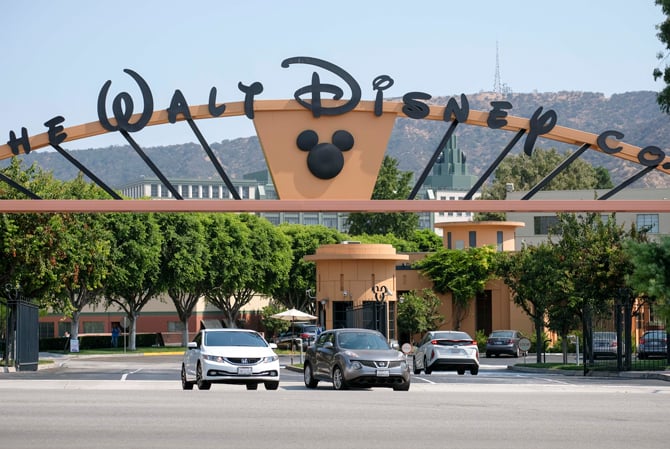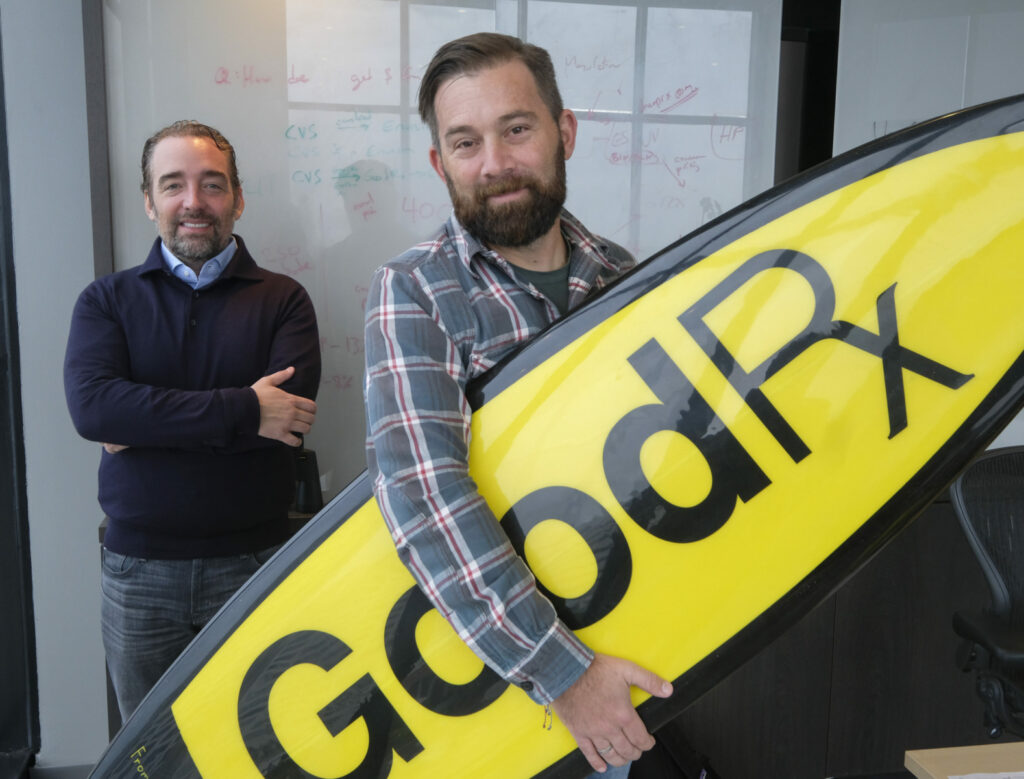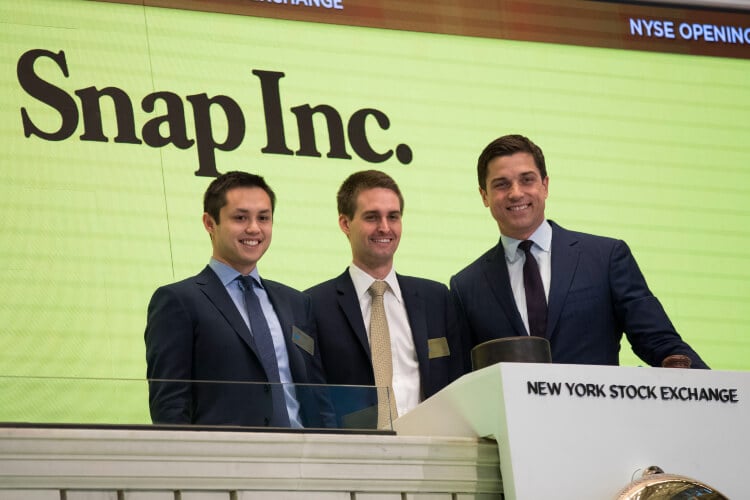It’s been a terrible 12 months for L.A.’s publicly traded companies.
Cumulatively, the more than 110 firms on this year’s Business Journal list of public companies shed a whopping $351 billion in market capitalization, a drop of 32%. (This year’s list begins on page 17.)
The financial destruction was astonishingly widespread, as 90 of those companies posted net drops in their market caps for the calendar year that ended June 30. Every industry was hit, as were companies at every level of market cap.
That 32% plunge of L.A.’s public companies outstripped every broad-based market index: nearly three times the drop in both the Dow Jones industrial average and S&P 500 indexes and 40% more than the 24% drop in the Nasdaq Composite index. The drop was even greater than the 26% decline of the Russell 2000 index of small cap stocks.
“A good majority of the (public) companies in L.A. County are small caps, which have been demolished in this recent downturn as investor appetite for speculative, no-profit, and long-duration stocks has soured,” said Sahak Manuelian, senior director and head of equity trading at downtown-based Wedbush Securities.
Market cap, or market capitalization, is the total value of a company’s stock that’s outstanding. It essentially represents the value of a public company.

Disney’s plunge
But the damage was not limited to small-cap stocks. Most of the large- cap stocks got hit, too – none more so than Burbank-based entertainment giant Walt Disney Co.
Disney’s market cap slid 46% to $172 billion, wiping out a whopping $147 billion in valuation. The company has been hit hard by Asian theme park closures due to the Covid-19 pandemic as well as investor concern about the prospects for continued growth in the company’s streamed-content business. The stock also took a hit this past winter when Disney came under fire from all sides for its response to legislation in Florida banning classroom discussions related to sexual orientation and gender identity in lower grades in public schools.
Shares of Santa Monica-based Snap Inc. took a much greater proportional hit than Disney, nosediving nearly 80% in the 12 months ending June 30. That meant the market cap plunged by $82 billion, to just $21 billion. In most cases, a company that sees $82 billion in market cap disappear in 12 months would be the worst performer, but here, it came in way behind Disney.
The online camera and social media company has suffered as investor sentiment soured on social media and other Internet-based companies over concerns about what an economic slowdown would do to ad spending on their platforms.
“Internet stocks that benefited mostly from the pandemic have been under tremendous pressure in recent months,” Manuelian said.
That includes Santa Monica-based online gaming giant Activision Blizzard Inc., which shed $13 billion in market cap during the 12 months ending June 30. In Activision’s case, though, investors had to deal with another dose of bad news as the firm has grappled with sexual harassment lawsuits. The company in March agreed to pay $18 million to settle one of those suits, but others remain.

Biotech woes
The other sector hit extremely hard during the 12 months ending June 30 was health care/biotech. Five of the 12 biggest losers by dollar volume in market cap were in this sector: Santa Monica-based GoodRx Holdings Inc., which lost nearly $12 billion in market cap as investors grew concerned about a major pharmacy chain operation refusing to honor its prescription drug app; Thousand Oaks-based Amgen Inc. (down $10 billion); Pasadena-based Arrowhead Pharmaceuticals Inc. (down $5 billion); and two companies that shed $4 billion in market cap: downtown Los Angeles-based Herbalife Nutrition Ltd. and Culver City-based ImmunityBio Inc.
Manuelian singled out the biotech segment of this sector. “Small-cap biotech has been a complete disaster as capital markets dry up, monetary policy shifts, and nonprofit, long duration-type stocks get beaten up,” he said.
Indeed, two biotech companies were among the biggest percentage losers in market cap during the 12 months ending June 30: CytRx Corp., which shed 88% as it fell to about $68 million in market value; and NantHealth Inc., which fell 82% to $48 million.
Only one health care company bucked this trend: Long Beach-based Molina Healthcare Inc., which gained $1.6 billion, or 11%, in market cap to end up on June 30 at $16.4 billion. Molina, which specializes in managed-care contracts for government-administered health programs such as Medicare and Medicaid, was not hit as hard during the pandemic. “It’s a non-cyclical stock and those stocks have outperformed relative to cyclical stocks,” Manuelian said.
Overall, the biggest percentage loser in market cap was Studio City-based discount ticket company Tix Corp., which lost 99.9% of its market cap after filing for Chapter 11 bankruptcy protection in August of last year.
The next biggest percentage loser was battery maker Romeo Power Inc., which last week completed its move from Vernon to Cypress in Orange County; the company’s market cap plunged 94% to $68 million.
Few gainers
Molina was one of only 20 companies that saw their share price and market cap rise between June 30 of last year and June 30 of this year. The biggest gainer in dollar market cap terms was Glendale-based self-storage company Public Storage Inc., which was up $2.3 billion to nearly $55 billion. Rosemead-based Edison International, parent of the Southern California Edison electric utility, was next with a $2.2 billion gain to $24 billion.
The biggest percentage gainer in market cap was Santa Monica-based toy and consumer products distributor Jakks Pacific Inc., which shot up 72% between June 30 of last year and June 30 of this year to reach $121 million. Next was El Segundo-based A-Mark Precious Metals Inc., which rose 43% to $742 million.

Exits and entrants
Seven companies dropped off the 2022 list of public companies. The largest exit was AECOM, which moved its headquarters from downtown Los Angeles to Dallas last fall.
Another exit was J2 Global Inc., which split into Ziff Davis Inc., a digital publishing company that put its headquarters in New York, and Consensus Cloud Solutions Inc., which remained in Los Angeles. Also leaving the list was the Bank of Santa Clarita, which was acquired by Southern California Bancorp in October.
Three new public companies emerged over the past 12 months, mostly due to the last vestiges of the SPAC boom: Pasadena-based solar technology company Heliogen Inc., Long Beach-based space launch service company Virgin Orbit Holdings and Cerritos-based Oncology Group Inc., which provides consulting services for cancer-treatment programs.
Manuelian said that in the current environment, he expects few, if any, new public company entrants in the next few quarters.
“The IPO market has been crippled this year, capital markets have dried up, SPACs have faltered, and investor appetite for risk assets has abated,” he said. “This has been a challenging environment for all.”

